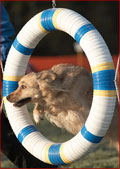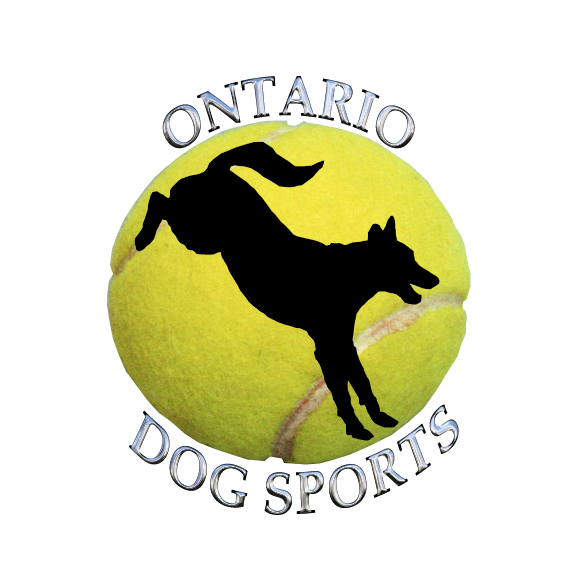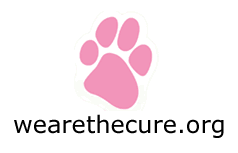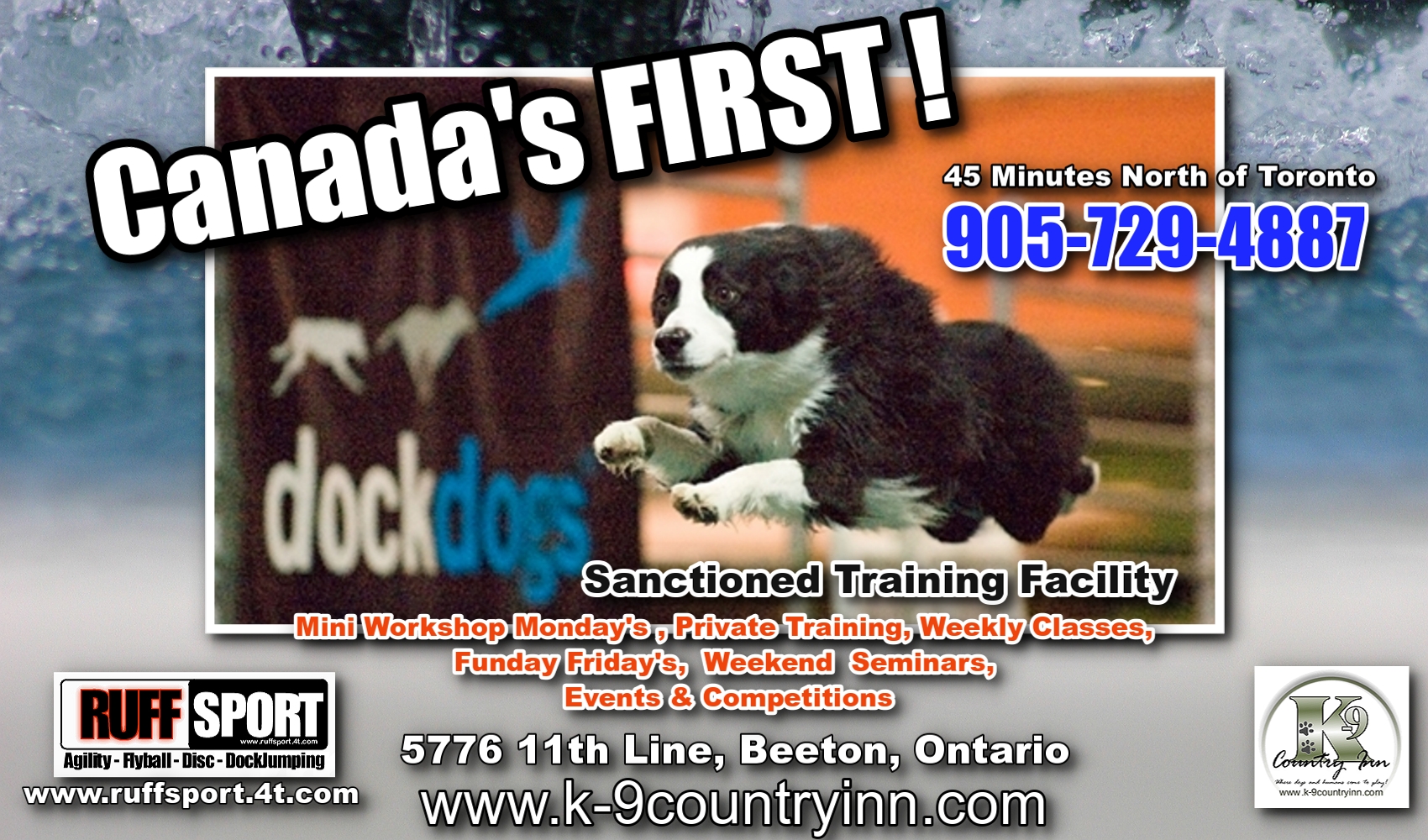Understanding dog food: What is the difference between natural, organic, and holistic?
Natural, organic, holistic... as pet owners, we are constantly faced with these terms. As "green living" takes a stronger hold on the US and Canada, these descriptors are becoming more and more common. So, what do these terms actually mean, and is there a difference?
- Natural: AAFCO (American Association of Feed Control Officials) defines the word "natural", when used to describe a pet food as: "A feed or ingredient derived solely from plant, animal or mined sources, either in its unprocessed state or having been subjected to physical processing, heat processing, rendering, purification extraction, hydrolysis, enzymolysis or fermentation, but not having been produced by or subject to a chemically synthetic process and not containing any additives or processing aids that are chemically synthetic except in amounts as might occur unavoidably in good manufacturing practices."
ThePetCenter.com states: "When it comes to labeling commercial feeds, pet foods, and specialty pet foods the use of the term "natural" is only acceptable in reference to the product as a whole when all of the ingredients and components of ingredients meet the definition. The use of the term "natural" on the label is false and misleading if any chemically synthesized ingredients are present in the product. Prophylene Glycol and BHA (butylated hydroxyanisole) are two common examples of chemically synthesized ingredients found in some pet foods. The committee suggested that an exception be made for synthetic vitamin and mineral additives as long as the product is not used as a dietary supplement."
So, just because a food is labeled as "natural" doesn't necessarily mean it's the best choice to feed your dog. Natural essentially means that the ingredient has been minimally processed. Natural foods can still contain fillers, including grains, glutens, and soy. By-products that have been minimally processed may also be included in the food.
For example, let's take a look at Science Diet's Nature's Best dog food. Here is the beginning of the ingredient list for the Chicken & Brown Rice Dinner (all fillers, ingredients devoid of nutrition, and other undesirable ingredients are in bold):
Chicken, Brown Rice, Whole Grain Wheat, Cracked Pearled Barley, Soybean Meal, Chicken Meal, Pork Fat (preserved with mixed tocopherols and citric acid), Dried Egg Product, Natural Flavor, Whole Grain Oats, Apples, Cranberries, Soybean Oil, Peas, Carrots, Dried Beet Pulp...
- Organic: To be termed as "organic", a food must be grown without the use of pesticides, insecticides, or herbicides. However, these products may be used as a "last resort" in dire circumstances, and non-organic fertilizers may still be utilized in some instances. Organic meat must come from animals that were never administered antibiotics or growth hormone.
The organic industry is heavily regulated and many countries, including the US, Canada, the European Union, and Japan require organic farmers to attain special certification.
Keep in mind that an "organic dog food" may not be entirely comprised of organic ingredients. Read the ingredient label to determine how "organic" the food actually is. - Holistic: Dog foods labeled as "holistic" should comprise of natural ingredients of human-grade quality. These foods contain no byproducts or fillers, which makes them more easily digested. Feeding a holistic food will help you avoid most food-related allergies that your dog might have. Holistic dog foods have not yet been included in pet food recall.
While the words natural, organic, and holistic tend to be used interchangeably, there can be a big difference. Always read the labels of your food so that you know what you're getting
From: theexaminer.com







 Ontario Dog Sports
Ontario Dog Sports
Reader Comments